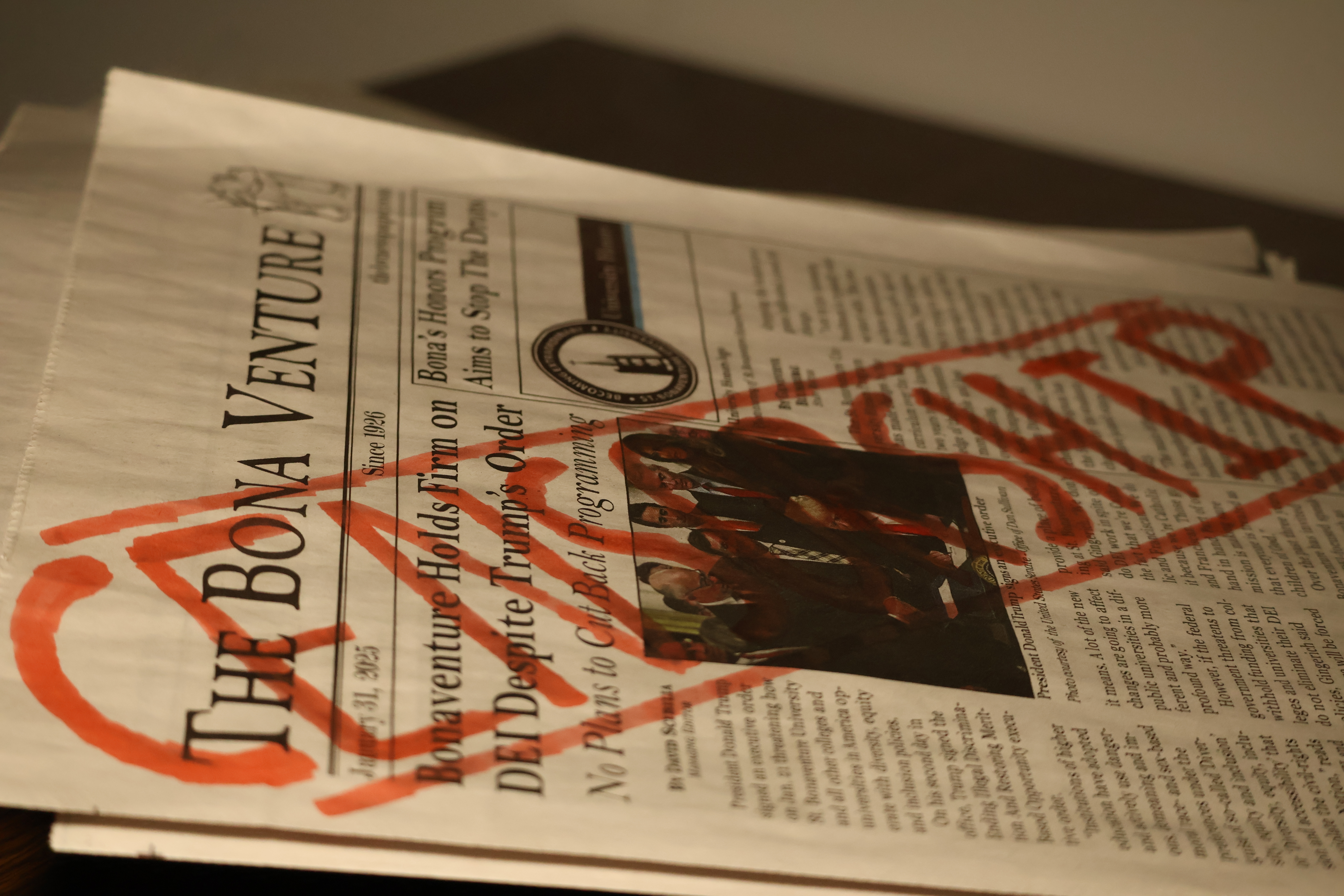By Sara Ward
Copy Editor
CNN recently reported about a slave master in Africa who eventually became an abolitionist and co-founded an abolitionist group called SOS Slaves, which fights to liberate slaves in Mauritania.
It’s wonderful someone could go against what he’d been taught his whole life and decide slavery was unjust and inhumane. However, the bigger issue is slavery still exists in the first place. Approximately 10 to 20 percent of Mauritanians live in slavery today, even though Mauritania was officially the last country in the world to abolish slavery in 1981, according to the March 17 CNN article.
It’s hard for me to wrap my head around the fact slavery lives on in our world. Nowadays in America, slavery is a topic you hear about in history class. I always saw it as a thing of the past, when people allowed racial inequalities to justify putting down minorities.
Slavery should be a thing of the past. There’s absolutely no reason for humans to be used as tools of labor, no matter what color their skin is or how different they seem to the majority.
Slaves in Mauritania are typically attached to one family from the time they are born, according to the article. They can be given away as gifts for special occasions, but they usually aren’t bought and sold. Typically, these slaves have darker skin than their masters and the lowest caste status.
I can’t even begin to imagine how people could think it’s acceptable to own other human beings. Being in a lower social class or even being a different race should have no effect on how people are treated.
In the article, former slave master Abdel Nasser Ould Ethmane told a story about how the slaves were forced to pick up edges of the tent and hold them all night long to prevent their masters from getting wet in the rain. Abdel recalled hearing the slaves’ teeth chattering all through the night. He and his slave-owning friends used to mock the slaves, calling it “teeth music.”
Growing up in a tolerant family, my parents always told me to treat others the way I wanted to be treated, no matter how different a person seemed. It’s crazy these upper class Mauritanian children could be taught to belittle slaves just because they’re different from them.
It took years for him to realize it, but Abdel began to denounce slavery as inhumane. He formed SOS Slaves so he could fight against slavery by making slaves’ stories public and lobbying for legislation that would criminalize slavery, according to the article.
Although I was completely shocked to find out slavery is still alive in the world, I’m glad there is someone out there doing something about it. If a former slave master can change and denounce slavery, so can the entire country.
Slavery should not continue in today’s world. In the future, I hope we’ll be able to say it’s ended once and for all.
wardse10@bonaventure.edu





